Nadir and Fatima Dedic, Roma survivors of the Jasenovac concentration camp, July 2010, photo: Damir Krajac / CROPIX.
The Jasenovac concentration camp and the struggle for recognition in Croatia
During World War II almost the entire Roma community in the Independent State of Croatia, one of Hitler’s satellite states, was killed. The consequences of that are still present today. Most of the Roma were killed in the Jasenovac concentration camp in mid 1942. Two decades after the end of World War II, the Stone Flower Monument to the victims of the Jasenovac camp was erected (1966), and the Jasenovac Memorial Museum was established (1968).
Nadir Dedic, a Roma survivor of the Jasenovac concentration camp, who had lost 81 family members at the hands of the Ustaša militia, initiated the erection of the monument to the Roma victims of the fascist terror in Žeravica village in Bosnia and Herzegovina in 1970. In the following decade, commemorative events were held at the location of this monument each July 27th, the Uprising Day of the people of Croatia and Bosnia and Herzegovina.
In the early 1980s public debates, roundtables, cultural events and the research on the socio-economic situation of Roma in Croatia and related aspects started. The topic of the participation of Roma in the resistance against the Ustaša regime and the Roma genocide was an indispensable part of such public events.
The first official commemoration held at the Roma cemetery in Uštica (part of the Jasenovac Memorial Site) was organised by various Roma NGOs on 2 August 2012, and has since been held every year. Subsequently, activities were launched in order to deepen the historical research, and to develop a culture of remembrance about the Roma Holocaust.
Following an initiative of the Roma National Council, the Croatian Parliament adopted the recognition of the 2 August as the International Day to Commemorate the Roma victims of the Porajmos / Holocaust in 2014. However, the compensation of the Roma victims of the Ustaša persecution and their families has never been addressed so far.
Aktuàlo marimàta aj mangimàta vaś prinʒaripe
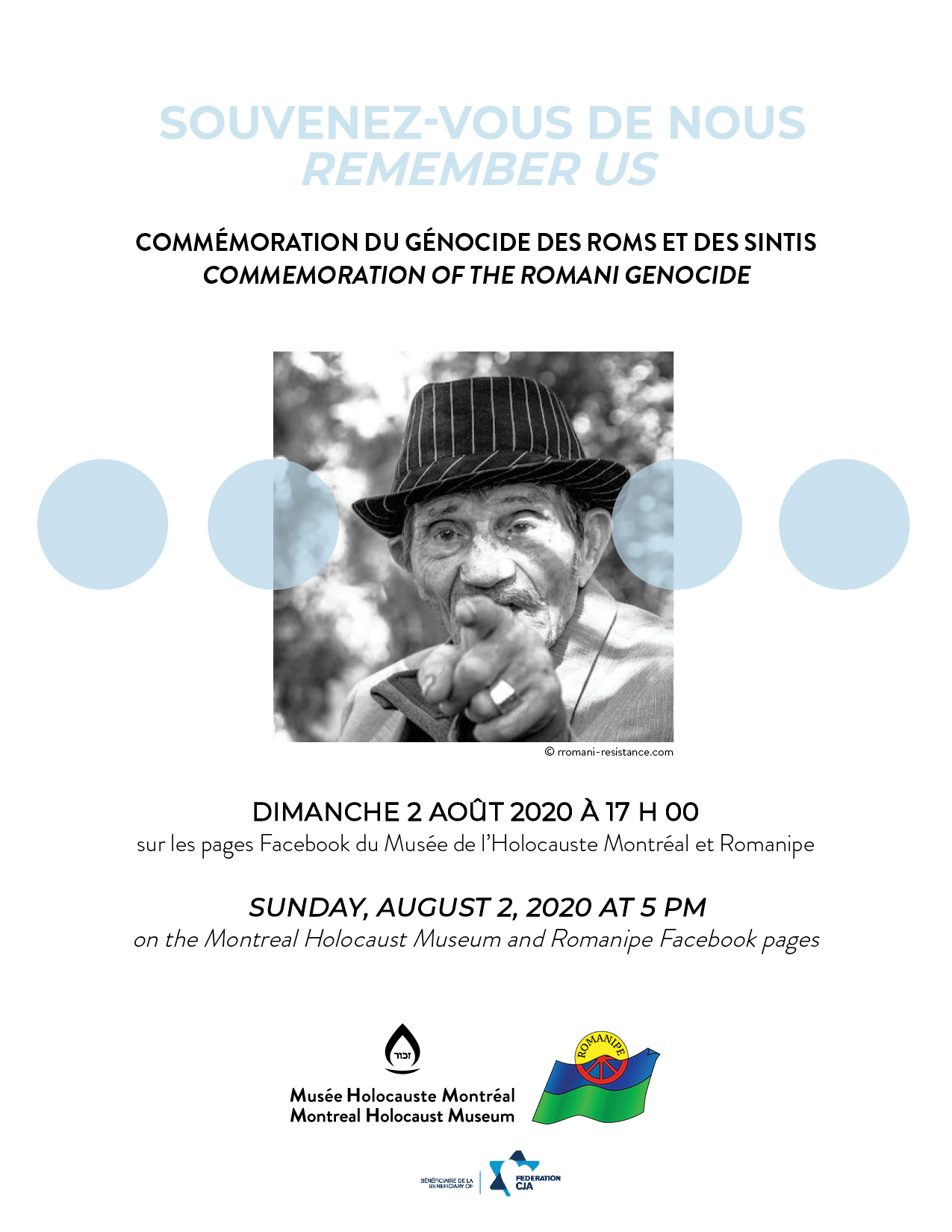
Remember Us: Commemoration of the Romani Genocide
2 August 2020, 2 August, 17:00 EST (UTC−04:00), Virtual Event
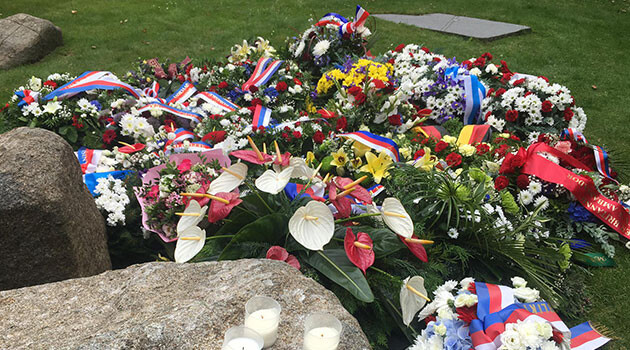
Traditional commemorative ceremony dedicated to the Romani victims of Nazism will be held on Sunday, 1 August at Lety u Písku, Czech Republic
Commemorative ceremony at Lety u Písku, 2 August 2020. (PHOTO:

Ceremonial opening of The Lety u Písku Memorial to the Holocaust of the Roma and Sinti in Bohemia
On the 23 of April, 2024 the Ceremonial opening of The Lety u Písku Memorial to the Holocaust of the Roma and Sinti in Bohemia, which includes two remnants of feed halls from the industrial pig farm that once stood there, took place.
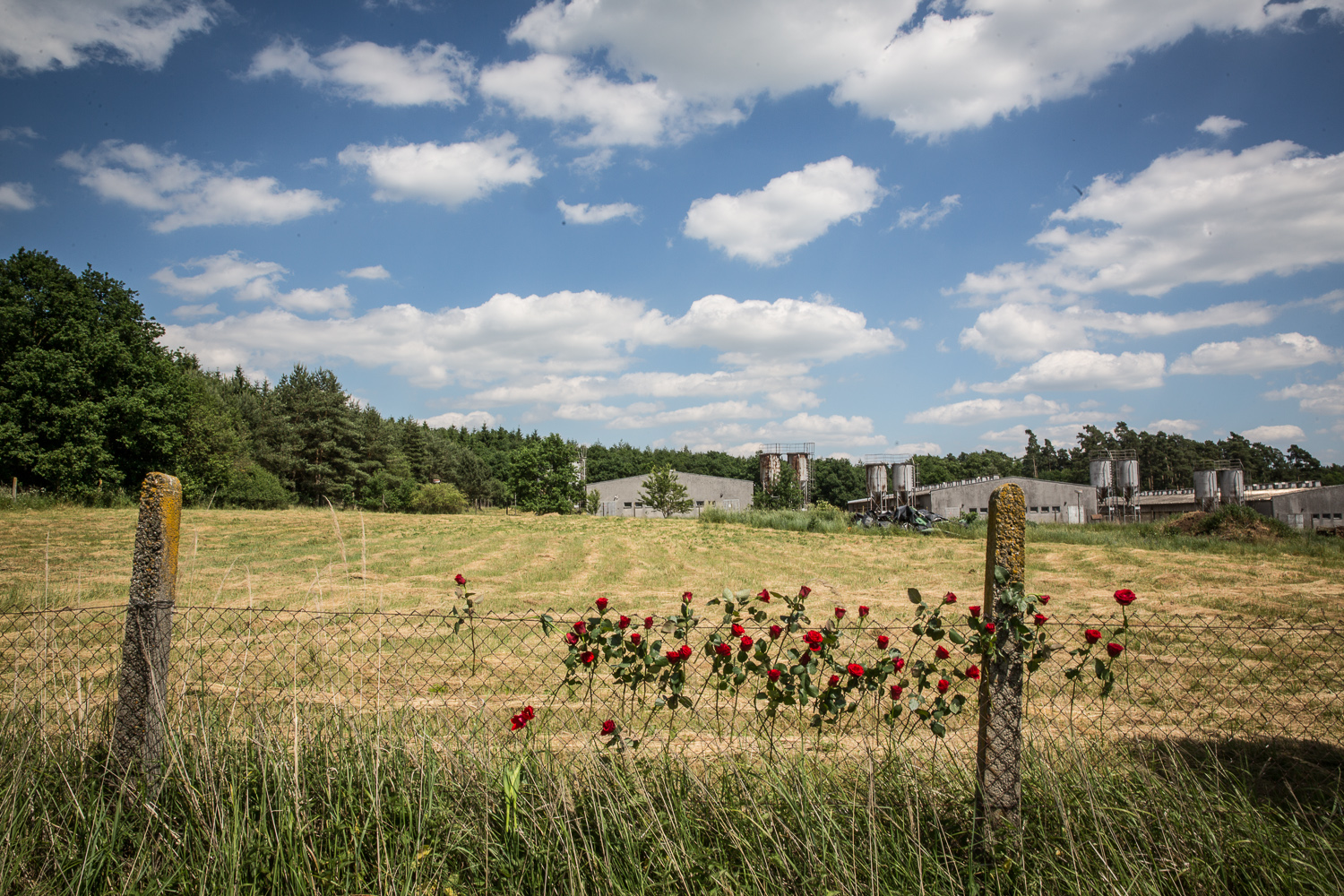
The struggle for the removal of the pig farm at the former “Gypsy camp” near Lety u Písku
Exhibition “The long path to recognition of the Roma and Sinti Holocaust”
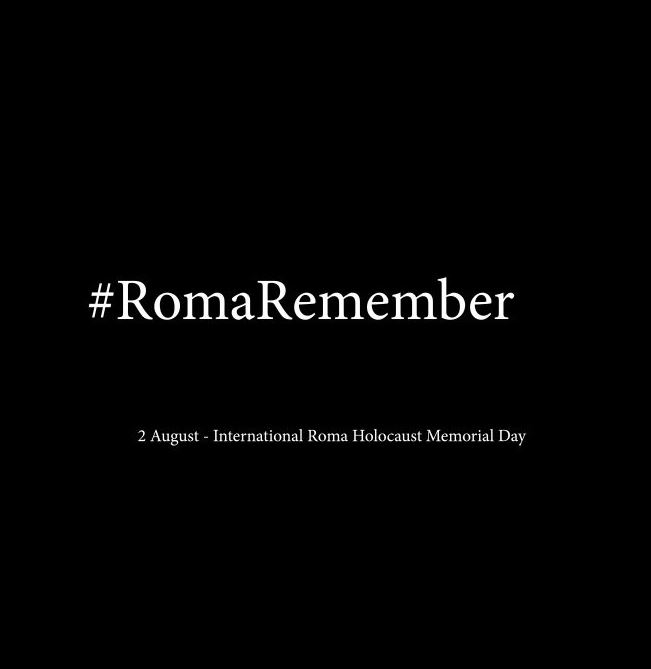
#RomaRemember
Joint statement on the occasion of 2 August 2020 – International Holocaust Memorial Day for Sinti and Roma
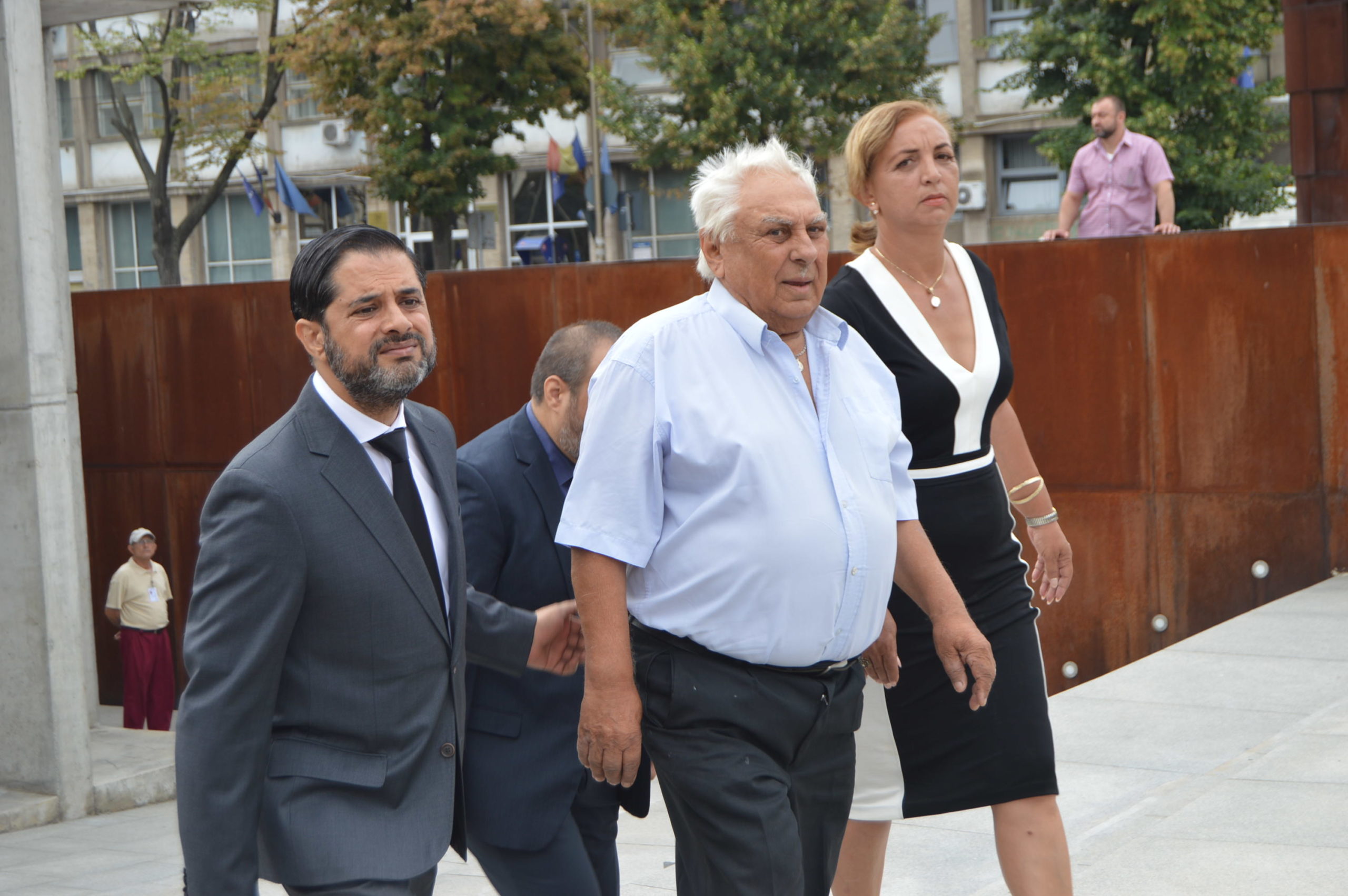
The Holocaust in Romania and deportations of Roma to Transnistria
Exhibition “The long path to recognition of the Roma and Sinti Holocaust”

The Jasenovac concentration camp and the struggle for recognition in Croatia
Exhibition “The long path to recognition of the Roma and Sinti Holocaust”
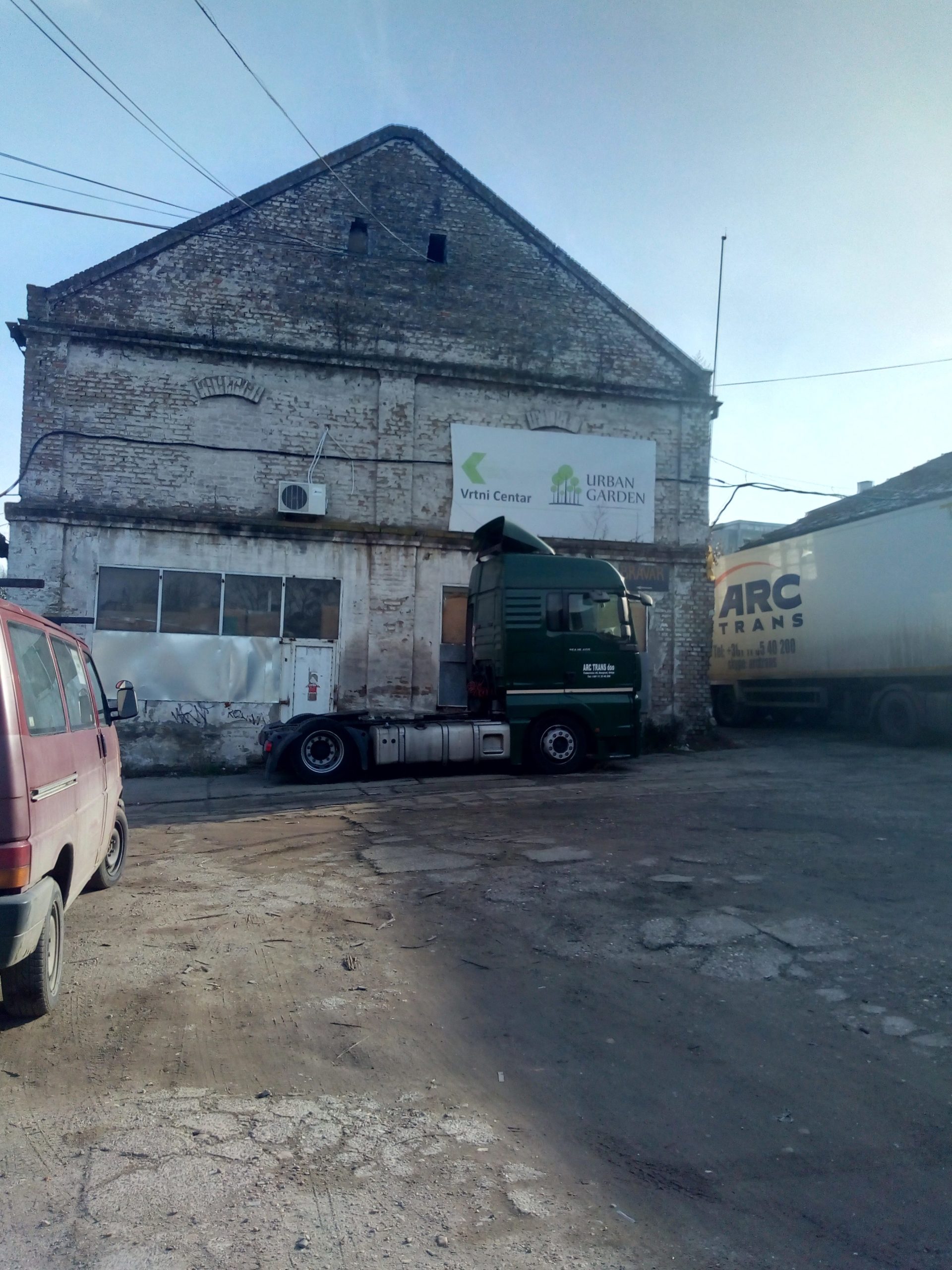
Struggle for a dignified memorial site
Camp Topovske šupe in Serbia
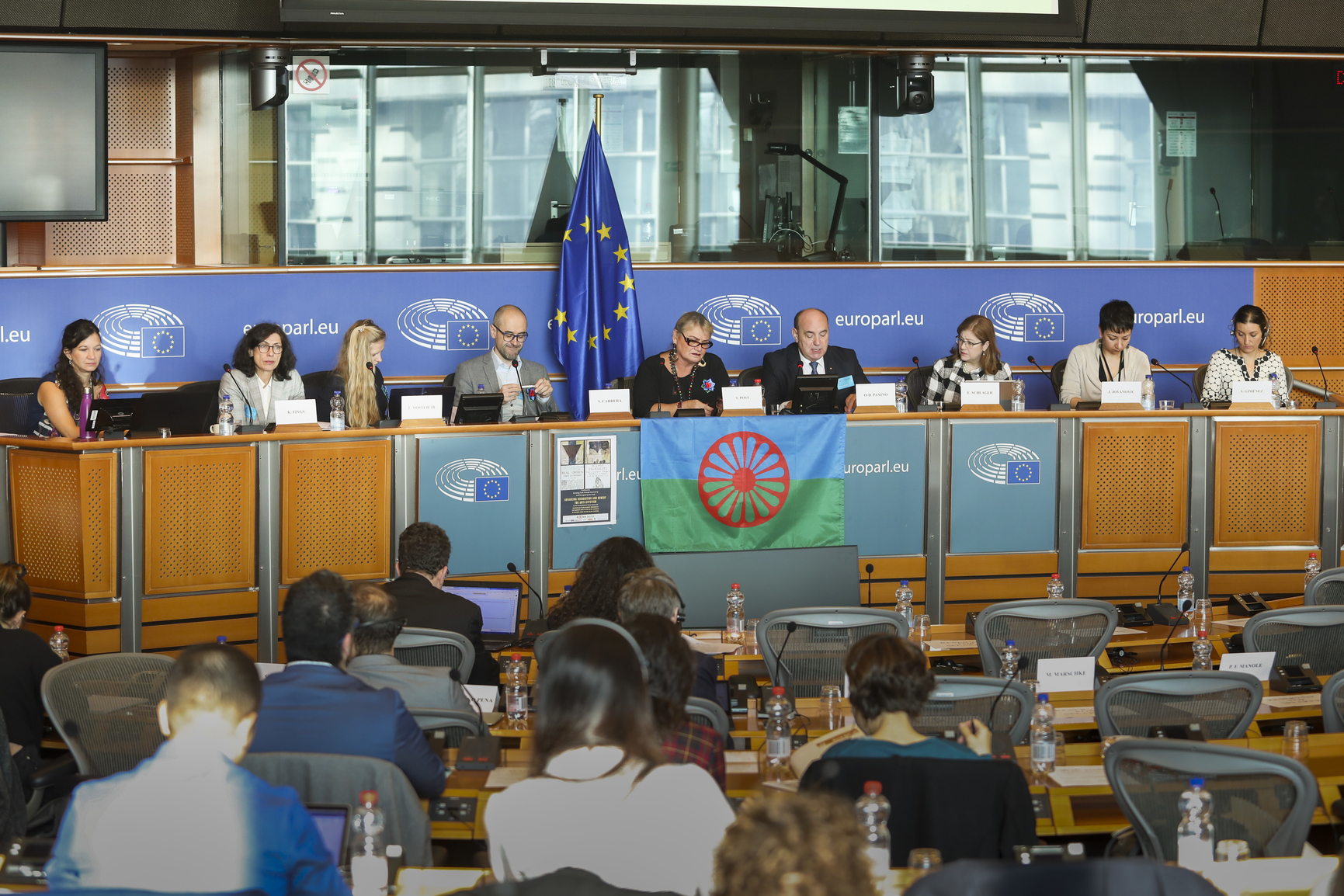
From Remembrance to Reconciliation
International Conference in Brussels, March 2019










